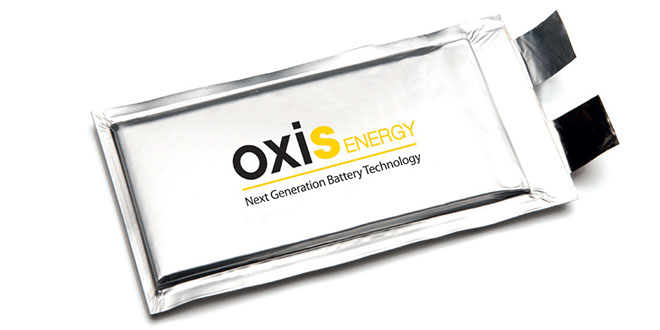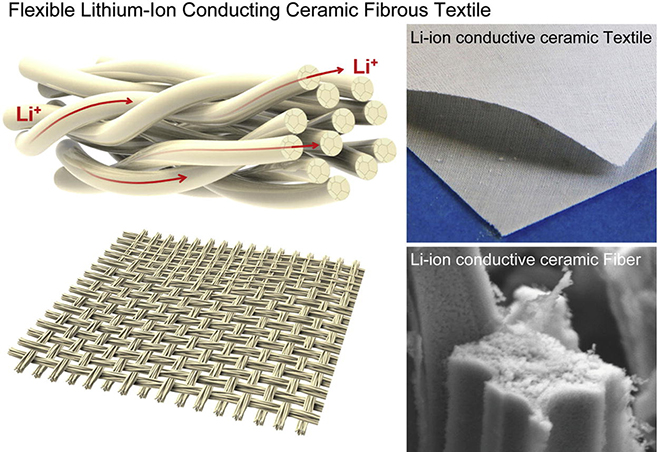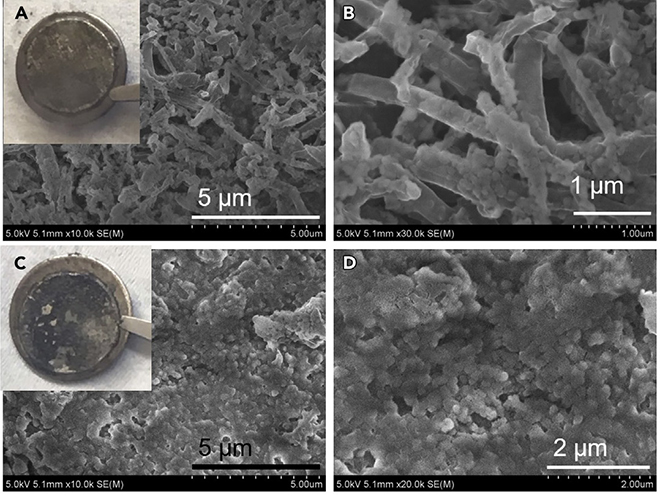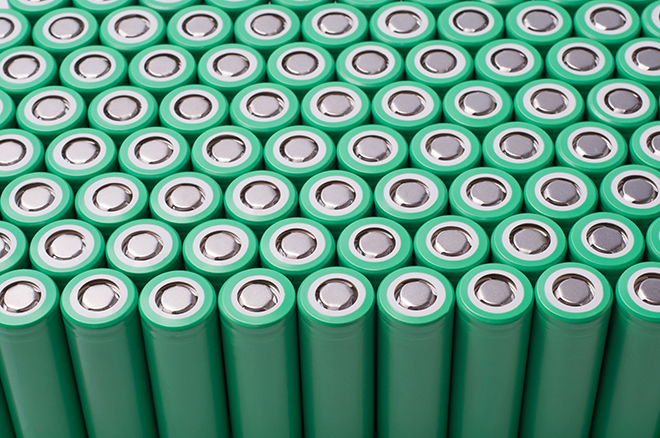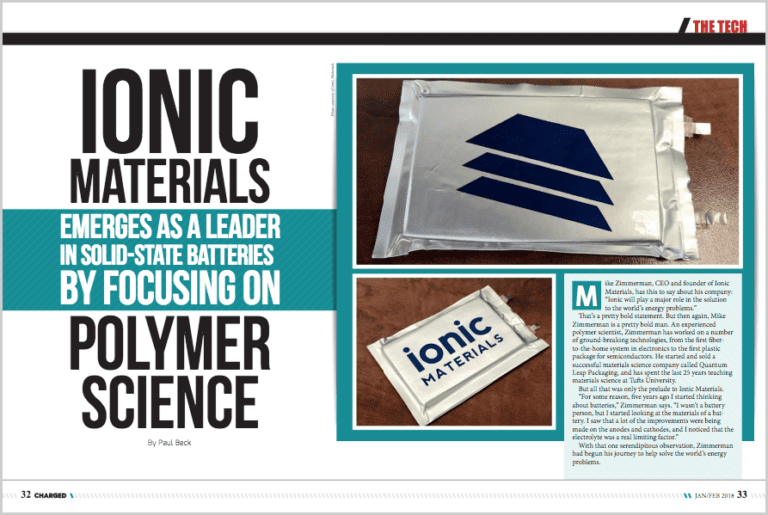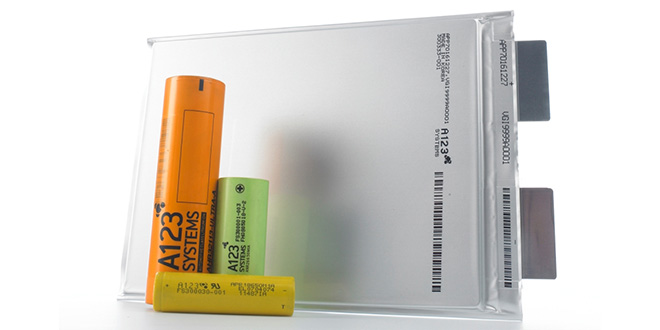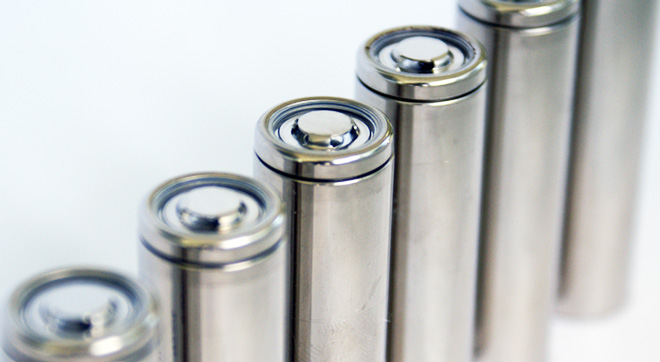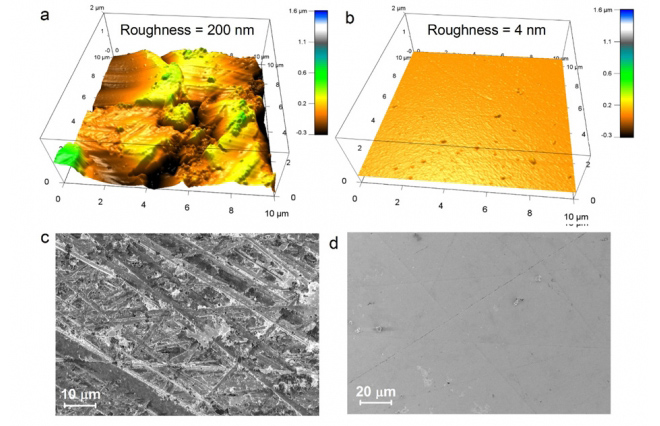Researchers at Rensselaer Polytechnic Institute (RPI) have demonstrated a “self-healing” lithium-metal anode that can eliminate dendrite buildup. Researchers are looking for ways to replace graphite anodes with lithium metal in order to boost energy density. However (as regular Charged readers know), lithium metal anodes are plagued by the buildup of dendrites, branchlike protrusions that can grow… Read more »
Search Results Found For: ""lithium metal""
UK lithium sulfur battery firm OXIS secures funding to expand to Brazil
UK battery technology company OXIS Energy will receive a £3.7-million investment from the Brazilian private equity fund Aerotec, paving the way for OXIS to open a subsidiary in Brazil. The agreement provides for a Brazilian team to be trained at OXIS Energy’s headquarters in Oxford, as well as the creation of an R&D center in… Read more »
Garnet ceramic electrolyte helps block dendrite formation
Researchers at the University of Maryland have developed a new template that they hope will enable a safer alternative to liquid electrolytes, which have several drawbacks, including flammability, leakage and dendrite formation in the electrodes. In “Lithium-ion conductive ceramic textile: A new architecture for flexible solid-state lithium metal batteries,” published in Materials Today, UMD researchers… Read more »
Increasing concentration of LiFSI salt suppresses dendrite formation
Lithium metal is considered an ideal anode material due to its exceptional charge and storage capability, but it has a tragic flaw: root-like growths called dendrites, which can lead to short-circuiting and spontaneous combustion. Now, researchers at the University of Maryland (UMD) have announced a breakthrough in their quest to solve the dendrite issue. In… Read more »
Sion Power to begin production of Licerion batteries with Li-metal anodes
Sion Power plans to begin production of its Licerion lithium metal battery in late 2018 from its Tucson facility. Sion says Licerion technology will offer specific energy of 500 Wh/kg, energy density of 1,000 Wh/L, and a lifetime of 450 cycles. Licerion technology, a product of Sion’s technical collaboration with BASF, covers a wide range… Read more »
Ionic Materials emerges as a leader in solid-state batteries by focusing on polymer science
Mike Zimmerman, CEO and founder of Ionic Materials, has this to say about his company: “Ionic will play a major role in the solution to the world’s energy problems.” That’s a pretty bold statement. But then again, Mike Zimmerman is a pretty bold man. An experienced polymer scientist, Zimmerman has worked on a number of… Read more »
A123 invests in solid-state battery tech firm Solid Power
A123 Systems has invested in Solid Power, a developer of solid-state battery technology. Solid Power’s tech combines a high-capacity cathode with a high-capacity lithium metal anode in combination with a high-ionic-conductivity solid separator. The battery materials are 100 percent inorganic, and possess no flammable or volatile components. Solid Power says its batteries provide two to… Read more »
US Army partners with Brown University to study SEI on silicon anodes
The US Army Research Laboratory (ARL) and Brown University researchers have teamed up to study the solid electrolyte interphase (SEI) layer that forms on the anodes of lithium-ion batteries, with particular emphasis on experimental silicon anodes. The Army is working to replace its alkaline and nickel-metal hydride field batteries with Li-ion batteries. “The Army is… Read more »
DOE awards $6 million to first crop of Battery500 Seedlings
The Battery500 consortium, led by the DOE’s Pacific Northwest National Laboratory (PNNL), intends to build a battery pack with a specific energy of 500 Wh/kg, which would more than double the 170-200 Wh/kg per kilogram in today’s typical EV battery. Part of the initiative is the “Seedling” program, which identifies new and risky battery research… Read more »
MIT-led study suggests route to improving solid-state batteries
Replacing a liquid electrolyte with a solid electrolyte could offer major advantages for both safety and energy storage capacity, but so far, attempts to develop a practical solid-state cell have run into major obstacles. Liquid electrolytes can be flammable, and are also prone to the formation of dendrites -thin, fingerlike projections of metal that build… Read more »








